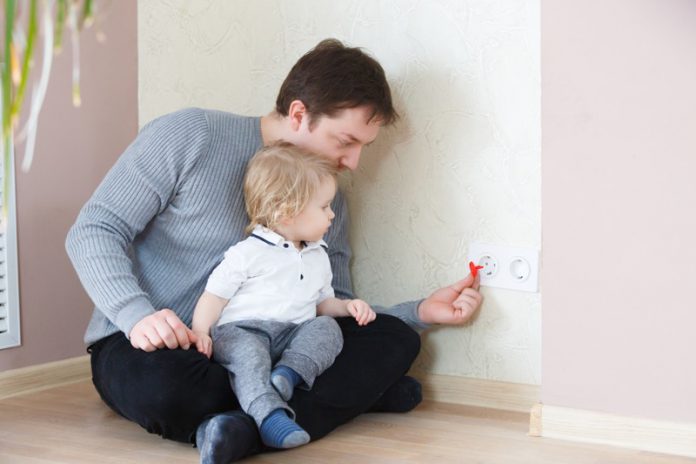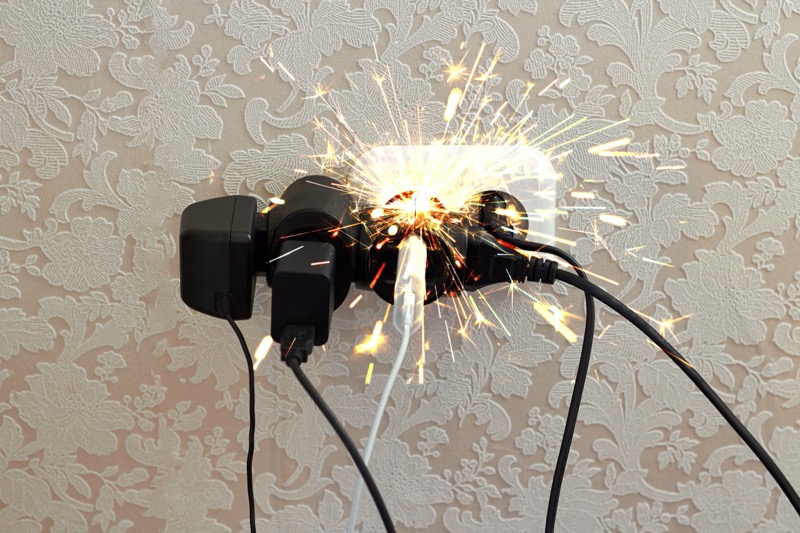
Electricity has always been a necessity fin in modern living, making life more comfortable in numerous ways. It has various uses such as providing warmth, lighting up houses, aiding in food preparation, powering different forms of entertainment, and many more.
Although electricity makes life more enjoyable in many ways, it has its share of risks that everyone should be aware of. As a homeowner, you must learn basic electrical safety to ensure that your household stays safe at all times. When you’re having doubts about the overall integrity of the electrical system in your home, it’s best to call in a professional to conduct an inspection and make necessary repairs if needed. If you’re eager to learn about the available electrical service providers in Victoria, checking out Carda Electrics and other resources would greatly help.
It’s essential to learn the basics of electrical safety to enjoy life with electricity while ensuring everyone’s safety at the same time. Here are several electrical safety tips that you should know:
1. Fix Power Cords Or Lines With Damages
Any exposed wiring is a risk that you should never overlook. Once you notice that the protective coating on a wire is frayed or stripped away, you should immediately replace it or cover it with electrical tape.
2. Turn Off The Power
When working on anything electrical, make sure that you’ll switch off the power at the circuit breaker box as a safety precaution. Doing so will ensure that no power is flowing to whatever you’re working on.
3. Avoid Overloading The Outlets
It’s crucial to remember that every outlet in your home only supplies a certain amount of electricity. When you plug in several high-wattage devices or appliances into one outlet simultaneously, it can be dangerous. Doing so will likely cause a fire or a small explosion.
If you need to plug in several devices, make sure that you’ll use an energy-saving power strip that can accommodate your needs safely. Additionally, try to rearrange your appliances to minimize the stress in one outlet.
4. Avoid Using An Extension Cord
When you have extension cords all over your home, it can become a trip or fall hazard, resulting in injuries and destruction to the line or outlet if the cord is wrenched out of the walls. If you often end up using extension cords, consider asking an electrician to place new outlets instead. Extension cords are only ideal for temporary tasks but shouldn’t be a permanent source of power.

5. Keep Outlets Or Electrical Equipment Away From Water
Always remember that water is a conductor of electricity. With this in mind, even minimal exposure to moisture can result in injuries. When spills occur in your home, immediately wipe them away and make sure that plugs or outlets don’t get wet.
6. Keep Children Safe From Electrical Hazards
Young children, especially toddlers, are incredibly curious about their surroundings. As part of practicing electrical safety in your home, you should place tamper-resistant safety caps on all unused outlets to prevent children from inserting things into them. Today, you can find different outlet covers, but some highly effective options include spring-loaded ones that automatically cover the outlet when not in use. Additionally, tidy up all loose cords and keep them out of reach to prevent children from tugging or playing with them.
7. Deal With A Warm Outlet Immediately
When one of the outlets in your home feels warm or continuously flips the circuit breaker, get in touch with an electrician to take care of this problem right away. A warm outlet might be an indication of a poor connection and can put your home at risk of a fire or shock hazard.
8. Install Ground Fault Circuit Interrupters (GFCIs)
Any room in the house prone to wetness, such as bathrooms or laundry rooms, will require a ground fault circuit interrupter (GFCI). It works by turning off the electrical current from a circuit once it detects that the circuit becomes a shock hazard.
Today, it’s a requirement in building new houses. But if you’re living in an older home, make sure that the bathrooms, laundry room, and kitchen have one.
9. Know When To Get In Touch With A Professional
When you’re facing an electrical problem that seems too complex to deal with, call an electrician for help. A professional can help identify the problem and make the necessary repairs to prevent dangerous shocks or even fires.
Conclusion
When it comes to electricity, you should make sure to be extra careful at all times. As you enjoy everything that electricity has to offer, such as making life comfortable, don’t forget to stay safe at the same time. With the help of these electrical safety tips at home, you’ll have peace of mind.











